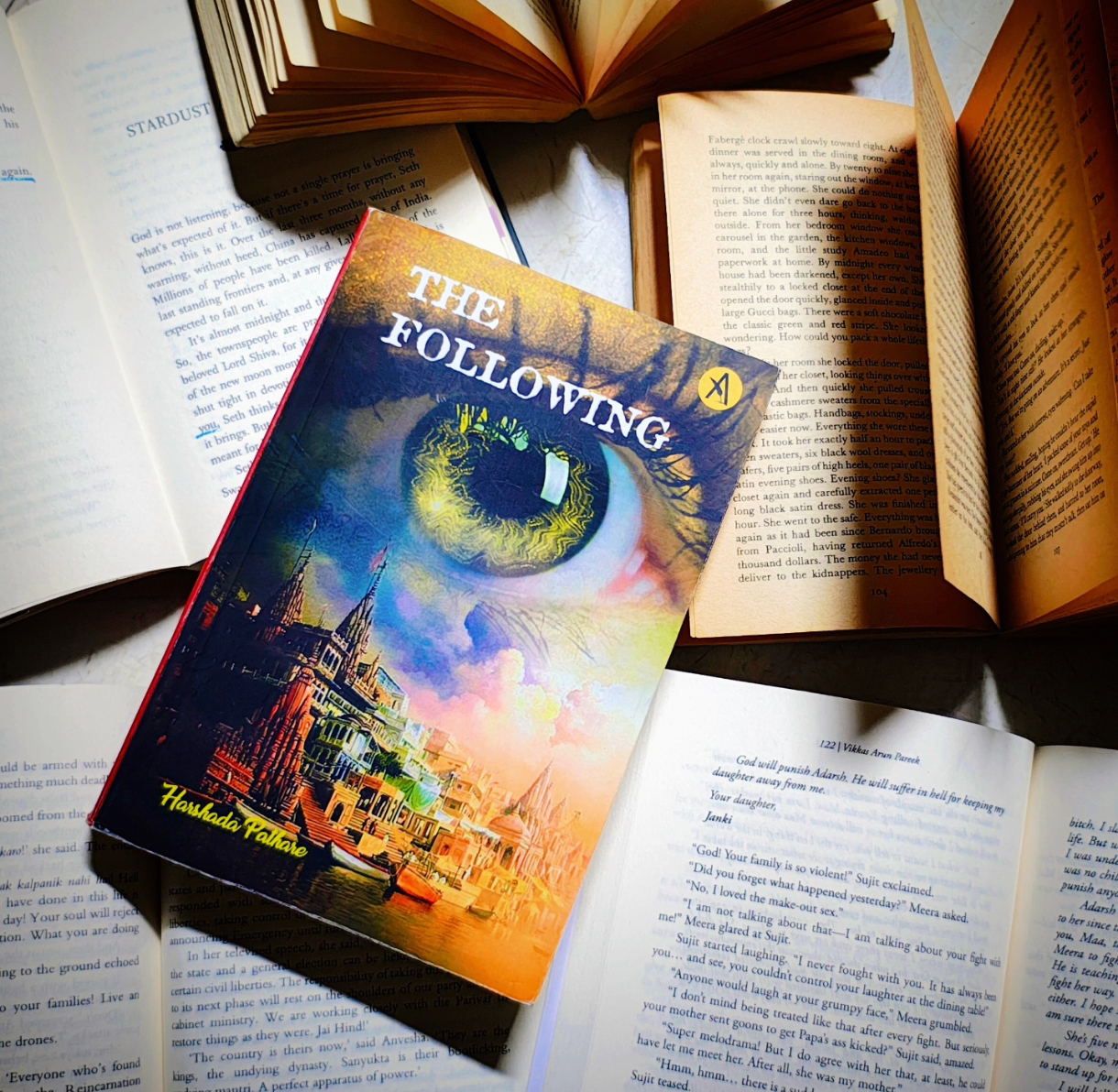Book Review: A Thousand Ships by Natalie
"It's not her story, or Creusa's story. It's their story. At least it will be, if he stops complaining and starts composing"
Have you heard about the legendary Trojan War that took place around the 12th or 13th century BCE? Are you fascinated by Greek mythology? If so, then this book is for you! Set during the infamous war that lasted a decade, "A Thousand Ships" by Natalie Haynes delves into the profound toll it took on both the losing and winning sides.
The Trojan War was waged by the Achaeans (Greeks) against the city of Troy after Paris of Troy took Helen from her husband Menelaus, king of Sparta. This war, one of the most important events in Greek mythology, has been narrated through many works of Greek literature, most notably Homer's "Iliad". However, this book is not about Menelaus, Helen, or the legendary warriors who participated in the war.
"A Thousand Ships" focuses on the women of both sides who lost their husbands, lovers, and families in the war. It tells the stories of the women of Troy, who were taken as slaves after the city was destroyed by the Greeks, and the women who were left waiting for years for their men to return. This is the story of their struggle and suffering.
The title refers to the fleet of a thousand ships that the Greeks launched to invade and destroy Troy. While they ostensibly aimed to retrieve Helen, their true intent seemed to be the obliteration of Troy. When they couldn't succeed in their siege, they used the infamous Trojan Horse to infiltrate and destroy the city.
The book is narrated across multiple timelines, starting from the fall of Troy and taking the reader back to the origins of the war, revealing how its seeds were sown. Although Helen's abduction is often cited as the cause of the war, the story illustrates that Paris and the fragile male egos of the era were equally responsible. The Greeks looted villages, enslaved girls, and committed numerous atrocities. The narrative vividly portrays the horrors and brutalities faced by these women, who were often used as pawns in the games of powerful men.
I first encountered the Trojan War in "The Song of Achilles" by Madeline Miller, which focused on Achilles- the legendary warrior & a Demi God- Son of Thetis. However, Natalie Haynes’ "A Thousand Ships" revealed many new facets of the war, keeping me engrossed until the end. It made me realize that while men were fighting, the women were enduring immense suffering. Haynes' writing brings each female character to life, intertwining the conflicts of the Greek gods with the human stories, creating a compelling narrative. The multitude of characters can be confusing at times, but their individual stories stand out and leave a lasting impact.
Among the many poignant tales, Cassandra and Iphigenia's stories particularly stood out to me. Cassandra, the daughter of Troy's king, had visions of the future that no one believed, forcing her to witness the unfolding disasters helplessly. Her sense of isolation and despair is palpable. Iphigenia, the daughter of Agamemnon, was brutally sacrificed by her own father to gain favor from a goddess, believing she was about to marry a great warrior. The horror she must have felt is unimaginable. Her story is a stark reminder of the brutal and often senseless sacrifices made in the name of war.
"A Thousand Ships" is brutally honest and profoundly moving. While heartbreaking, it is a recommended read for anyone interested in the Trojan War and Greek mythology. The author masterfully narrates the stories of these women, bringing their suffering and resilience to light. The book sheds light on the often-overlooked female perspective in these epic tales, offering a fresh and empathetic view of the legendary events.
You can get your copies from Amazon, available in Kindle, Paperback, and Audiobook formats. If you’re looking for a deep and emotional read that explores more than just the warriors of war, this book is for you. Book is available in English, German and Spanish Editions
Also follow us on Instagram at @the_boookish_voyager for More Book Recommendations and Insights.












Comments
Post a Comment